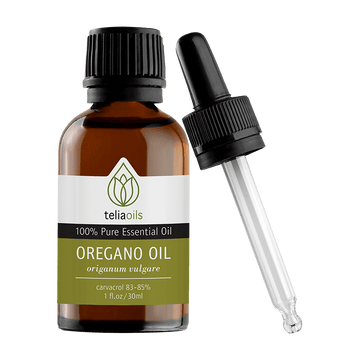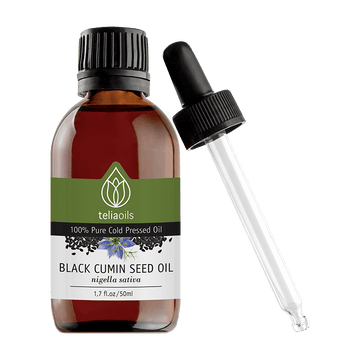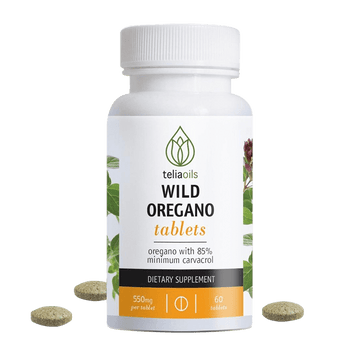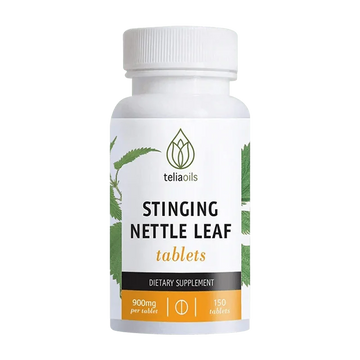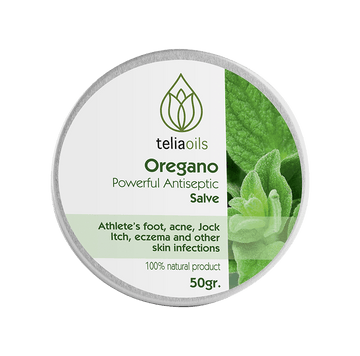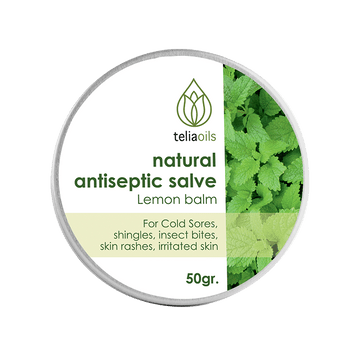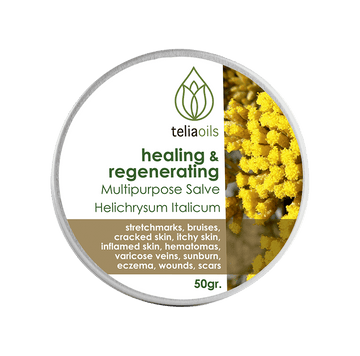
When we catch a cold, it’s natural to wonder if our furry friends can suffer from something similar. The short answer is yes, pets can get colds, but the viruses that cause colds in humans are different from those that affect pets. Understanding how colds manifest in pets, recognizing the symptoms, and knowing how to care for them can ensure their health and comfort.
Can Pets Catch Colds?
Pets don’t catch the same viruses that cause colds in humans, but they can contract similar respiratory illnesses caused by pet-specific pathogens. For example:
- Dogs can develop illnesses like kennel cough (caused by Bordetella bronchiseptica bacteria or canine parainfluenza virus).
- Cats can suffer from feline upper respiratory infections caused by viruses like feline herpesvirus or calicivirus.
These illnesses are contagious among pets but are not transferable to humans. Pets are more susceptible when they are in close contact with other animals, such as at kennels, shelters, or parks.
Symptoms of Colds in Pets
Just like humans, pets exhibit signs of discomfort when they have a cold. Common symptoms include:
- Sneezing
- Coughing
- Runny nose or watery eyes
- Lethargy or reduced energy
- Loss of appetite
- Mild fever (in some cases)
While most pet colds are mild and resolve on their own, severe or persistent symptoms, such as difficulty breathing, should prompt a visit to the veterinarian.
How to Help Your Pet Recover from a Cold
- Provide a Warm, Comfortable Environment:
- Ensure your pet has a warm, cozy space to rest. Avoid exposing them to cold drafts or sudden temperature changes.
- Keep Them Hydrated:
- Encourage your pet to drink water or, if necessary, provide low-sodium bone broth to keep them hydrated.
- Encourage Rest:
- Reduce physical activity and allow your pet to rest and recover.
- Boost Their Immune System:
- A strong immune system can help pets recover faster and prevent future illnesses.
Supplements to Support Immune Health
Certain natural supplements can be incorporated into your pet’s routine to strengthen their immune system and reduce the likelihood of colds or respiratory illnesses. Always consult your veterinarian before introducing new supplements.
1. Oregano Oil
- Properties:
- Oregano oil is a natural antimicrobial, antifungal, and antiviral agent.
- Its active compounds, such as carvacrol and thymol, help fight infections and support respiratory health.
- Benefits for Pets:
- Helps fight off bacterial and viral pathogens that can cause colds.
- Supports overall immune system health.
- Properties:
- Rich in antioxidants and anti-inflammatory compounds, black cumin oil boosts immunity and helps manage respiratory issues.
- Benefits for Pets:
- Soothes inflammation in the respiratory tract and helps alleviate coughing or congestion.
- Enhances the immune system’s ability to fight off pathogens.
Preventing Colds in Pets
Prevention is always better than cure. Here are some tips to minimize the risk of your pet catching a cold:
- Keep Vaccinations Up-to-Date:
- Vaccines can protect pets from common respiratory infections like canine influenza or feline herpesvirus.
- Avoid Exposure to Sick Animals:
- Limit your pet’s interaction with animals showing signs of illness.
- Support Their Immune System:
- Include immune-boosting supplements like oregano oil and black cumin oil in their diet.
While pets can’t catch human colds, they can experience respiratory illnesses that resemble cold symptoms. By recognizing the signs, offering supportive care, and incorporating natural supplements like oregano oil and black cumin oil, you can help prevent and manage these illnesses effectively. With a little extra care and attention, your furry friend will be back to their energetic, happy self in no time.

